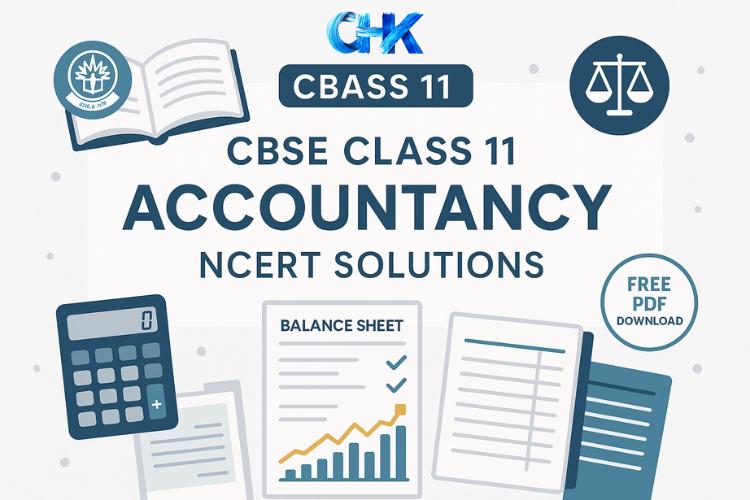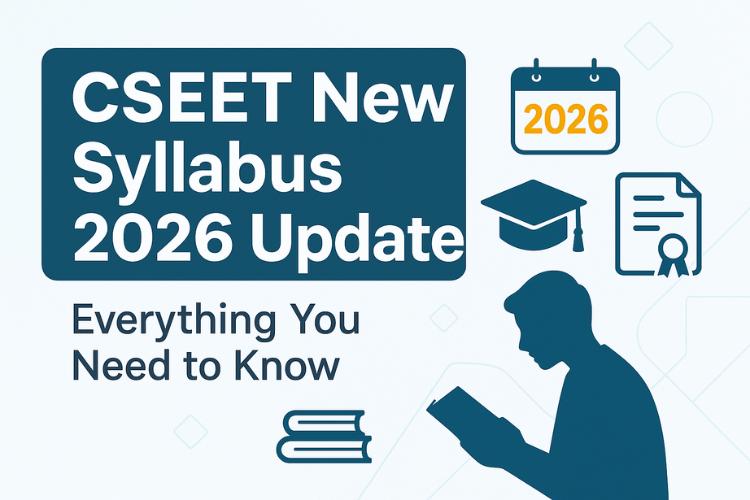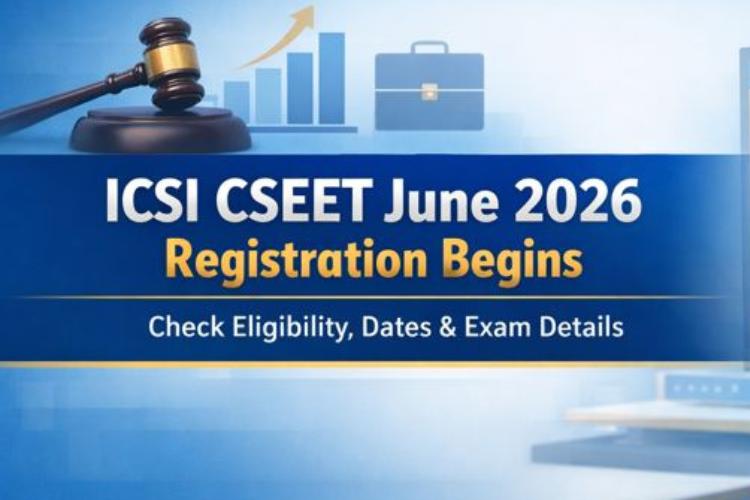
CBSE Class 11 Accountancy NCERT Solutions | Download Chapter-wise PDFs
Accountancy in CBSE Class 11 introduces students to the basics of financial transactions, accounting principles, and the framework for preparing and analyzing financial statements. To help you understand each concept clearly and score high marks, here is a chapter-wise guide to NCERT solutions for Class 11 Accountancy.
Why NCERT Solutions Are Important?
- Prepared by subject experts as per the latest CBSE syllabus.
- Helps students develop a conceptual understanding.
- Improves accuracy and presentation skills for exams.
- Provides step-by-step solutions for all textbook questions.
- Boosts confidence in tackling board exam-style questions.
Class 11 Accountancy – NCERT Book Overview
The Class 11 Accountancy NCERT curriculum is divided into two parts:
Part A: Financial Accounting – I
- Chapter 1: Introduction to Accounting
- Chapter 2: Theory Base of Accounting
- Chapter 3: Recording of Transactions – I
- Chapter 4: Recording of Transactions – II
- Chapter 5: Bank Reconciliation Statement
- Chapter 6: Trial Balance and Rectification of Errors
Part B: Financial Accounting – II
- Chapter 7: Depreciation, Provisions and Reserves
- Chapter 8: Bills of Exchange
- Chapter 9: Financial Statements – I
- Chapter 10: Financial Statements – II
- Chapter 11: Accounts from Incomplete Records (Single Entry System)
- Chapter 12 Applications of Computers in Accounting
(optional/for project work)
Chapter-wise NCERT Solution Highlights
Chapter 1: Introduction to Accounting
- Meaning, objectives, and importance of accounting.
- Users of accounting information and basic terms.
Chapter 2: Theory Base of Accounting
- Concepts, principles, and assumptions of accounting.
- Accounting standards and IFRS introduction.
Chapter 3 & 4: Recording of Transactions I & II
- Journal entries, ledger posting, cash book, and subsidiary books.
- Practical questions and formats explained.
Chapter 5: Bank Reconciliation Statement
- Need, format, and solved examples of reconciliation between passbook and cash book.
Chapter 6: Trial Balance and Rectification of Errors
- Trial balance format and methods.
- Identifying and correcting accounting errors.
Chapter 7: Depreciation, Provisions and Reserves
- Methods of calculating depreciation.
- Difference between provisions and reserves with practical applications.
Chapter 8: Bills of Exchange
- Terms used in bills of exchange.
- Journal entries from drawer and drawee perspective.
Chapter 9 & 10: Financial Statements I & II
- Preparation of trading, profit & loss account and balance sheet.
- Adjustments and closing entries in final accounts.
Chapter 11: Accounts from Incomplete Records (Optional)
- Understanding the single entry system.
- Conversion into a double-entry system.
Chapter 12: Applications of Computers in Accounting
- Need for Computerised Accounting System
- Features, Components, Limitations and Its Types
Download Chapter-wise PDF Solutions
We’ve provided CBSE Class 11 Accountancy Chapter-wise NCERT Solutions in the table below. Download the PDFs and embark on a journey to master Accountancy!
| Chapter 1 | Introduction to Accounting | NCERT Solutions |
| Chapter 2 | Theory Base of Accounting | NCERT Solutions |
| Chapter 3 | Recording of Business Transactions I | NCERT Solutions |
| Chapter 4 | Recording of Business Transactions II | NCERT Solutions |
| Chapter 5 | Bank Reconciliation Statement | NCERT Solutions |
| Chapter 6 | Depreciation Provisions and Reserves | NCERT Solutions |
| Chapter 7 | Accounting for Bills of Exchange | NCERT Solutions |
| Chapter 8 | Trial Balance and Rectification of Errors | NCERT Solutions |
| Chapter 9 | Financial Statements | NCERT Solutions |
| Chapter 10 | Final Accounts with Adjustments | NCERT Solutions |
| Chapter 11 | Accounts from Incomplete Records | NCERT Solutions |
| Chapter 12 | Applications of Computers in Accounting | NCERT Solutions |
How to Use NCERT Solutions Effectively?
- Read the theory from the textbook before attempting solutions.
- Practice numerical questions repeatedly to improve speed and accuracy.
- Make summary notes of rules, formats, and formulas.
- Use solutions to check your answers after attempting the questions on your own.
- Focus on presentation and step-by-step calculation for full marks in exams.
Benefits of Referring NCERT Solutions
- Clear understanding of basic and advanced accounting concepts.
- Helps in completing school homework and assignments accurately.
- Strengthens your base for Class 12 and competitive exams like CA Foundation, CUET, and CSEET.
- Makes revision faster during exams.
Final Tips for Scoring in Accountancy
- Practice journal entries daily
- Revise definitions and principles regularly
- Attempt all NCERT exercise questions
- Use diagrams and tables wherever possible in answers
- Solve sample papers and previous year questions
Also Download – CBSE Class 11 Business Studies Chapter-wise NCERT Solutions
Conclusion
Mastering Accountancy in Class 11 becomes much easier when you have the right resources. These NCERT solutions will help you build a strong foundation, develop conceptual clarity, and boost exam confidence. Bookmark this blog and revisit it whenever you revise.
FAQs
Q1. What are NCERT Solutions for Class 11 Accountancy?
A: These are detailed, step-by-step answers to all questions in the NCERT Accountancy textbook, designed as per CBSE guidelines.
Q2. Are these NCERT solutions updated for the latest CBSE syllabus?
A: Yes, all solutions are updated according to the latest CBSE Class 11 Accountancy syllabus and exam pattern.
Q3. Do these solutions cover all chapters of the Class 11 Accountancy book?
A: Yes, solutions are available for all chapters including Introduction to Accounting, Journal, Ledger, and more.
Q4. Are these solutions useful for exam preparation?
A: Absolutely. These solutions help you understand concepts clearly, practice important questions, and score better in exams.
Q5. Can these solutions help in solving difficult numerical problems?
A: Yes, numerical questions are explained in detail with proper formats and calculations to aid better understanding.
Q7. Are these solutions enough for scoring good marks in the Class 11 Accountancy exam?
A: If studied consistently along with revision and practice, these solutions are sufficient for scoring high marks.
for more information contact us –
Ph. No. – +91-6367885579
WhatsApp – Click to chat
facebook – @commercehubkota
Instagram – @comerc_classes
Youtube – @commercehubkota
Telegram – @comerc.in









